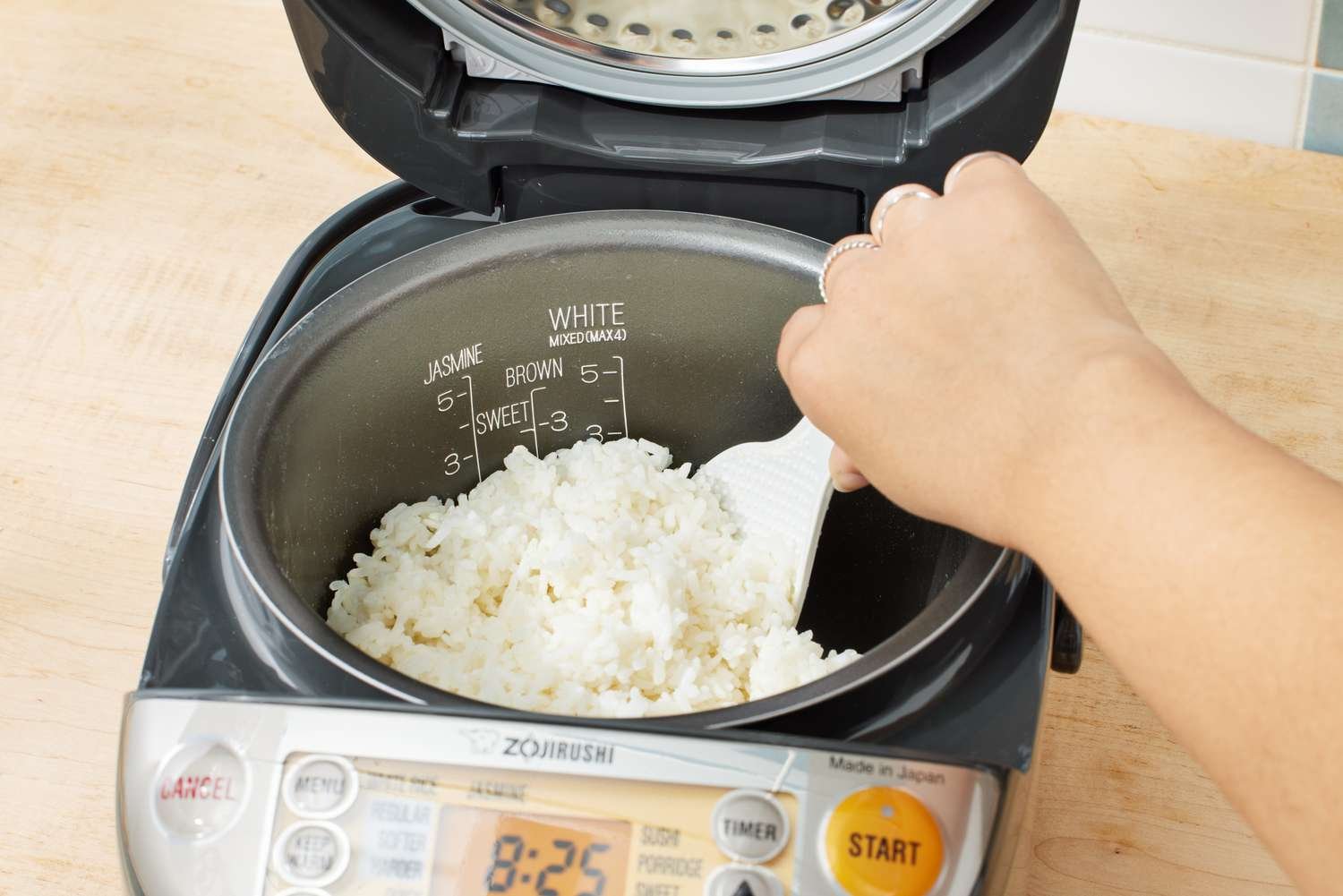Rice cookers are a staple in many kitchens, known for their convenience and the ability to produce perfectly cooked rice with minimal effort. However, like any appliance, they can develop quirks and issues over time. One common problem that users may encounter is a rice cooker that makes popping noises during operation. While these noises can be alarming, they’re often a sign of normal operation or an issue that can be easily resolved. Let’s delve into the potential causes of these sounds and how to address them.
Understanding Popping Noises in Rice Cookers
Normal Operation Sounds
First and foremost, it’s important to differentiate between normal and abnormal noises. Some rice cookers naturally make a variety of sounds, including clicks and pops, as part of their regular operation. This can be due to the thermostat adjusting the temperature, the lid sealing as steam builds up, or the rice itself expanding as it cooks.
Troubleshooting Abnormal Noises
If the popping noises are loud, frequent, or accompanied by other issues like smoke or a burning smell, it’s time to troubleshoot.
Ensure Proper Use
- Measure Correctly: Always measure rice and water using the cup provided or the correct ratio recommended by the manufacturer.
- Secure the Lid: Make sure the lid is properly secured. A loose lid can cause steam to escape in bursts, resulting in popping sounds.
Check for Debris and Damage
- Inspect the Heating Plate: Unplug the rice cooker and let it cool. Then, check the heating plate for any stuck-on rice or debris that could cause irregular heating and noise.
- Check for Damage: Look for any signs of damage to the rice cooker’s inner pot or the heating element. Dents or warping can cause the pot to sit unevenly, leading to popping noises.
Maintenance and Care
- Clean Regularly: Keep the rice cooker clean, paying special attention to the lid, vent, and heating plate. Use a damp cloth to wipe down surfaces and remove any leftover grains of rice.
- Descale the Heating Element: Mineral buildup from water can interfere with the heating efficiency. Descale the heating element according to the manufacturer’s instructions, usually with a solution of vinegar and water.
Adjust Cooking Practices
- Reduce the Heat: If your rice cooker has adjustable settings, try reducing the heat. This can minimize aggressive boiling that leads to popping sounds.
- Avoid Overfilling: Overfilling the cooker with rice or water can cause it to bubble over and make popping noises. Stick to the recommended amounts.
Replace Worn Parts
- Inner Cooking Pot: If the non-stick coating is scratched or peeling, it may cause rice to stick and pop as it cooks. Consider replacing the pot.
- Sealing Ring: A worn or damaged sealing ring on the lid can cause steam to escape suddenly, leading to popping noises. Check if your model’s sealing ring needs replacement.

When to Seek Professional Help
If you’ve gone through the above steps and your rice cooker continues to make popping noises, it may be time to seek professional help.
- Persistent Noise: Constant, unusual popping that doesn’t resolve with troubleshooting may indicate a deeper issue.
- Electrical Problems: If you suspect the popping is electrical, such as sparking or a short circuit, stop using the rice cooker immediately and consult a professional.
Key Takeaways
Popping noises in your rice cooker can be disconcerting, but they’re often a sign of minor issues that are easily fixed. Here are the key points to remember:
- Normal Sounds: Some popping sounds are normal during the rice cooking process.
- Proper Use: Ensure you’re using the correct rice-to-water ratio and that the lid is secure.
- Maintenance: Regular cleaning and descaling can prevent many common issues.
- Check for Damage: Inspect the cooker for any signs of damage and replace worn parts if necessary.
- Adjust Cooking Practices: Reduce heat and avoid overfilling the cooker.
- Professional Help: If the issue persists, seek professional assistance, especially for potential electrical problems.
By following these tips from TheKitchenApplianceDad.com, you should be able to enjoy a quieter, more efficient rice cooking experience. Remember to approach troubleshooting with caution, and when in doubt, consult your rice cooker’s manual or a professional for guidance. Happy and quiet cooking!


